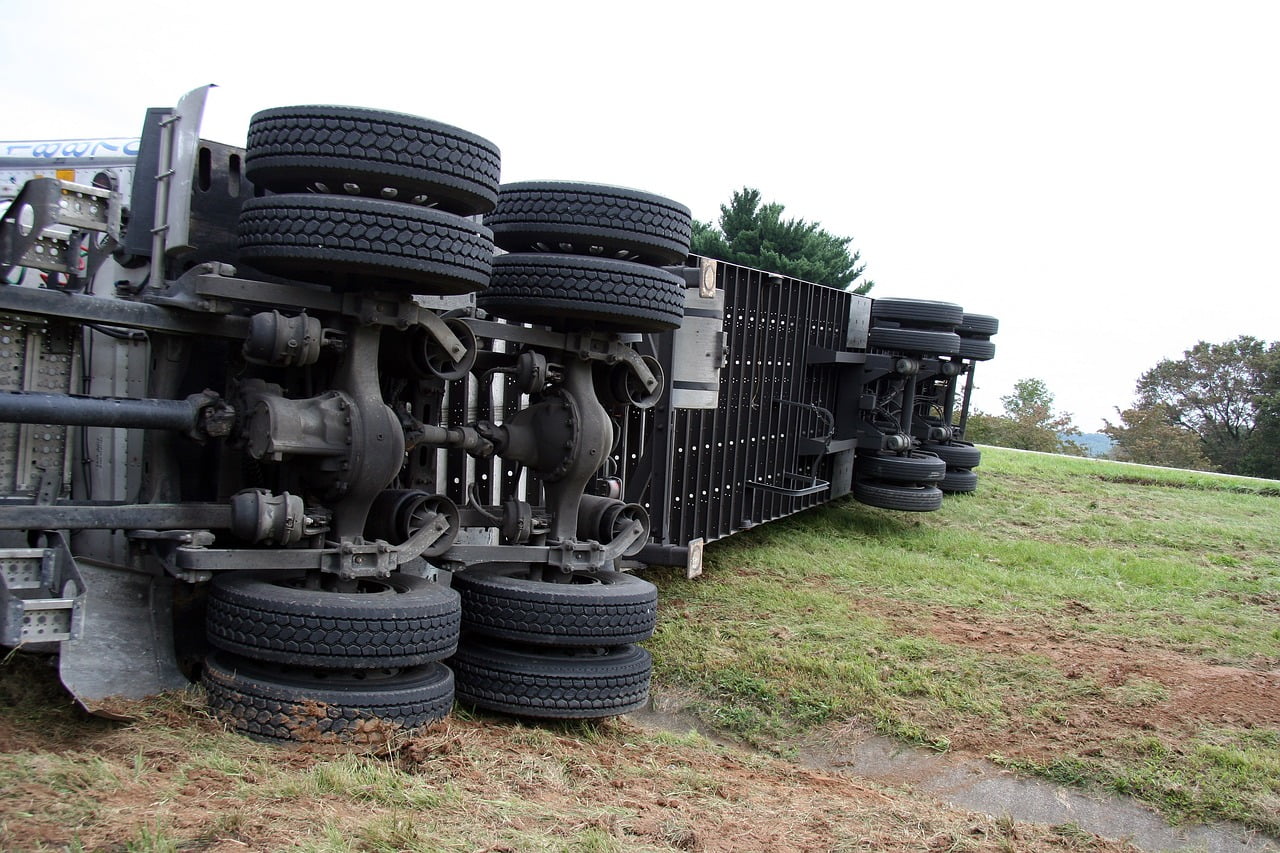The bustling roads of St. Louis bear witness to a pressing issue that demands immediate attention: trucking accidents. According to the Missouri State Highway Patrol, the state experienced a staggering 15,005 truck accidents in 2022 alone.
These collisions inflicted a heavy toll, resulting in 2,756 injuries and claiming the lives of 119 individuals. Alarmingly, St. Louis accounted for a significant portion of these accidents, with 2,462 crashes and eight tragic fatalities occurring within its boundaries.
These statistics are a stark reminder of the urgent need for action and accountability regarding trucking safety. In this article, we will delve into this complex issue in an effort to strive towards safer roads, fewer accidents, and a future where lives are protected, and tragedies are minimized.
Let’s get started!
Investigating the Causes
By examining the factors contributing to the accident epidemic in St. Louis, we can identify areas of improvement and implement targeted measures to prevent future accidents.
One significant factor in St. Louis trucking accidents is driver error, often resulting from fatigue, distracted driving, or reckless behavior. In 2020, fatigue-related accidents claimed 633 lives in the U.S. In fact, 13% of all fatal commercial truck accidents were attributed to driver fatigue. Additionally, distracted driving, including cell phone use and inattentiveness, has become a growing concern on our roads.
Furthermore, equipment-related issues play a crucial role in accidents involving commercial trucks. Faulty brakes, tire blowouts, and other mechanical failures can lead to catastrophic consequences. Data from the Federal Motor Carrier Safety Administration (FMCSA) indicates that brake problems are the cause of 29% of all commercial truck accidents, which accounts for more than 40,000 accidents each year.
Another contributing factor worth investigating is the adherence to safety regulations within the trucking industry. Are drivers and trucking companies following the Hours of Service regulations mandated by the FMCSA to prevent driver fatigue? Are routine inspections and maintenance checks being conducted to ensure the roadworthiness of commercial vehicles? These questions are vital in determining the level of compliance and accountability in the industry.
The Impact- Personal, Societal, and Economical
Physically speaking, trucking accident injuries can range from small scrapes and bruises to serious, life-altering conditions. Broken bones, spinal cord injuries, traumatic brain injuries, and organ damage are among the many injuries that victims may experience.
The road to recovery can be long and arduous, often requiring extensive medical treatments, surgeries, and rehabilitation. In many cases, individuals may face lifelong disabilities that fundamentally alter their abilities, independence, and quality of life.
The emotional impact of trucking accidents cannot be overstated. Survivors may experience post-traumatic stress disorder (PTSD), anxiety, depression, and other mental health issues as a result of the traumatic event. Witnessing the loss of loved ones or enduring the pain and suffering themselves leaves a lasting emotional scar. Families and friends also grapple with grief, loss, and the challenging process of rebuilding their lives after such a tragedy.
Beyond the personal toll, there are wider societal and economic impacts as well. Trucking accidents can disrupt local businesses, impact productivity, and strain healthcare resources. Emergency response services, hospital staff, and law enforcement personnel dedicate significant efforts to these accidents, diverting attention and resources from other pressing needs.
Liability and Compensation in St. Louis Trucking Accidents
If you have been injured in an accident in St. Louis filing a lawsuit can be a crucial step in obtaining compensation for the material, psychological, and financial damages incurred by you.
The first step is to consult with a skilled personal injury attorney who specializes in accident cases in St. Louis. Payment structure, legal costs, experience, firm resources, and litigation history are the five criteria you should use to evaluate your potential attorney, according to Torhoerman Law.
Once you have found a suitable St. Louis Truck accident attorney, you must focus on determining liability. The investigation may involve gathering evidence, interviewing witnesses, analyzing accident reports, and consulting with experts to establish the cause and fault of the accident. It is vital to identify all potentially liable parties, which may include the truck driver, the trucking company, vehicle manufacturers, or even government entities responsible for road maintenance.
The next action is to open a legal case. This often entails bringing legal action against those at fault for personal injury or wrongful death. The parties concerned frequently negotiate to obtain a resolution during the legal procedure. In the event that a settlement cannot be reached, the case may go to trial.
Enhancing Safety Measures: Technology and Innovations
In the quest to improve safety in St. Louis trucking accidents, the role of technology and innovations cannot be overlooked.
One significant area of technological advancement is in the realm of vehicle safety systems. Features such as collision avoidance systems, lane departure warnings, blind-spot detection, and adaptive cruise control can significantly reduce the likelihood of accidents. These advanced driver assistance systems (ADAS) utilize sensors, cameras, and real-time data to provide drivers with critical information and alerts, helping them make informed decisions and avoid potential hazards.
Furthermore, telematics and fleet management systems have become invaluable tools for trucking companies. These systems allow for real-time monitoring of driver behavior, vehicle performance, and adherence to safety regulations. By collecting and analyzing data on factors like speed, braking, and hours of service compliance, fleet managers can identify potential risks and address them promptly. This technology enables proactive measures to be taken, such as driver training programs, maintenance schedules, and route optimization, all of which contribute to safer trucking operations.
Another significant advancement in trucking safety is the emergence of autonomous vehicles. While fully autonomous trucks may still be in the experimental phase, the development of semi-autonomous features shows promise in reducing human error, which is a leading cause of accidents.
Conclusion
St. Louis trucking accidents demand collective action and accountability. By harnessing the power of community efforts, raising awareness, promoting responsible driving practices, and advocating for change we can create a culture of safety and build a resilient community that values and prioritizes the well-being of all its members.






![12 Best YouTube Video Downloaders [Android Apps For 2021] 7 dvdvideosoft 1536x747 1](https://www.invitenshare.com/wp-content/uploads/2021/10/dvdvideosoft-1536x747-1-380x220.jpg)